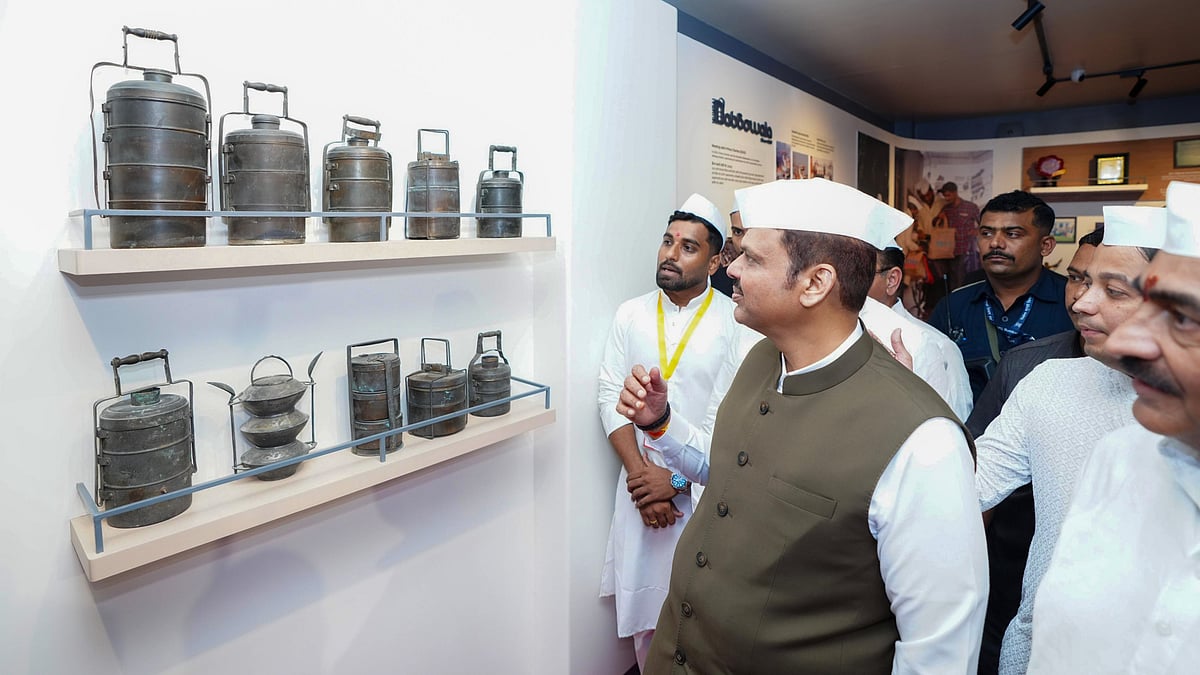Mumbai’s World-Famous Dabbawalas Get Their Own Museum in Bandra
The museum, inaugurated on the eve of Independence Day by Maharashtra Chief Minister Devendra Fadnavis, pays tribute to this 130-year-old tiffin delivery system, admired worldwide for its precision and dedication.

Mumbai would be unimaginable without its famous Dabbawalas, the army of men in crisp white kurta-pyjamas and Gandhi topis who have been delivering hot home-cooked meals across the city for well over a century. Now, their incredible story has found a permanent place in history with the opening of the Mumbai Dabbawala International Experience Centre (MDIEC) in Bandra West.
The museum, inaugurated on the eve of Independence Day by Maharashtra Chief Minister Devendra Fadnavis, pays tribute to this 130-year-old tiffin delivery system that is admired worldwide for its precision and dedication. Present at the ceremony were leaders of the closely-knit Dabbawala community, including Ulhas Shantaram Muke and Ramdas Baban Karvande. The inauguration was also shared on X by Member of the Legislative Council, Shrikant Tara Pandit Bharatiya.
A Living Legacy on Display
The MDIEC features a gallery that takes visitors through the fascinating journey of the Dabbawalas, from their origins in the 1890s to their evolution over decades, adapting to the changing cityscape while maintaining their flawless delivery record.
Every weekday, these men collect tiffin boxes from nearly one lakh homes, travel 45–70 kilometres by train, bicycle and on foot, and deliver them to offices before lunchtime. The system, recognised globally for its accuracy, relies on a unique coding method painted on each lid to ensure every meal reaches the right person. Once lunch is over, the Dabbawalas collect the empty boxes and return them to their owners before evening.
A Community Facing Change
The museum also aims to highlight the challenges faced by the service in recent years. Numbers have fallen from over 5,000 Dabbawalas in the 1970s–2000s to just around 1,500 after the COVID-19 pandemic. Yet, their commitment to serving Mumbai’s workforce remains unshaken.
For the people of Mumbai, this museum isn’t just about nostalgia — it’s about honouring a community that has been an inseparable part of the city’s heartbeat for generations.
RECENT STORIES
-
-
-
-
-